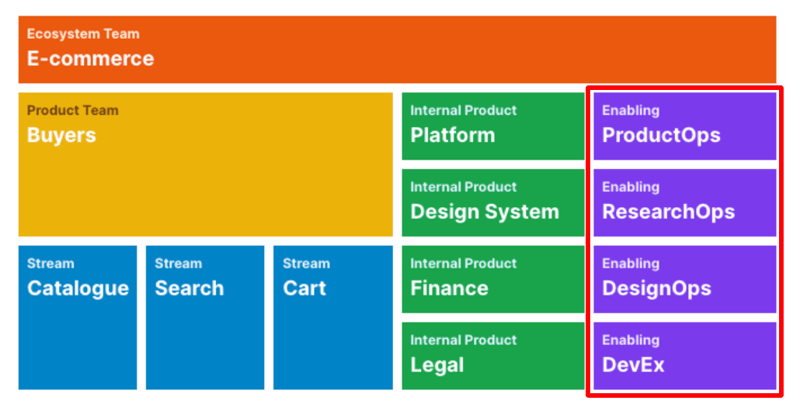- ZeroBlockers
- Archive
- Page 2
Archive
Navigating the Specialist-Generalist Career Challenge
In cross-functional teams, generalists perform better. Their ability to flex across disciplines, helping out wherever needed, makes them indispensable in modern product development. Yet, when it comes to hiring and promotions, companies overwhelmingly favour specialists. This creates a fundamental tension: teams need adaptable generalists, but individuals must specialise to advance their careers.

Continuous Process Improvement: Beyond Traditional Retrospectives
Retrospectives are meant to drive continuous improvement, but teams often struggle to translate insights into action. The challenges range from lacking the authority to implement changes to having too many ideas and too little time to implement them.

Upskilling on Cross-Functional Teams
The strength of cross-functional teams lies in their diversity of skills and perspectives. However, this same characteristic presents a unique challenge: functional isolation. With typically just one person representing each specialty, if someone lacks proficiency in a critical area, the product suffers. Worse, if the team is unaware of a skill gap, they cannot address it.

How Cross-Functional Teams Work
When you move from a team of functions to a cross-functional team you need to change how the team works because you need to remove any internal handoffs between specialists and shift to a more collaborative way of working. As this is a new way of working, teams are often unaware of the activities they need to perform to work in this new way.

Why We Need Cross-Functional Teams
Andy Grove, famed CEO of Intel, wrote in his book High Output Management: "Speed is the only benefit of cross-functional teams; in all other cases, functional organisations are superior." So if cross-functional teams only have one advantage why should we trade the superior efficiency of functional structures for the less efficient cross-functional structure? Because in a highly competitive and fast changing market, speed is the only advantage that matters.

The Hidden Barrier to Team Empowerment: The CapEx-OpEx Divide
In the push to empower cross-functional teams, one of the biggest challenges isn't technical, cultural, or even organisational—it's financial. Specifically, the division between capital expenditures (CapEx) and operating expenses (OpEx). Understanding CapEx and OpEx and their implications is essential to navigating this challenge and ensuring that teams can truly function autonomously.

The Role of an Enabling Team in the ZeroBlockers Framework
One of the biggest challenges when shifting from a project-based model to a product-based model, is that the different functional experts can become isolated from each other. Instead of working, and often sitting, together, functional experts are scattered across multiple teams. Left unresolved it can lead to a drop in functional knowledge, performance and ultimately product success. Enabling teams can plug this gap.

The Evolving Role of the Functional Manager with Empowered Teams
Gone are the days when teams needed constant oversight and direction. Instead, modern organisations are embracing autonomous, cross-functional teams that own their decisions and outcomes. Instead of being task allocators and process enforcers, functional managers need to become strategic enablers, focusing on long-term growth, professional development, and organisational effectiveness.

The Role of the Product Team in ZeroBlockers
The term "Product Team" is often misunderstood in the software industry. Many mistakenly use it to describe the teams building the product. However, a product is typically too large for a single team to build, requiring multiple Stream Teams to focus on different value streams. The true role of the Product Team is not to build but to empower and align these Stream Teams, ensuring they work effectively toward a cohesive product vision.

The Risks of Empowering Teams - and How to Mitigate Them
Empowering teams can be a double-edged sword. On one hand, giving people the freedom to make decisions fosters innovation, motivation, and agility which improves the chances of product success. On the other hand, too much autonomy without the right guardrails can trigger costly inefficiencies, strategic misalignments, reputational slip-ups, and even ethical or legal pitfalls.

Why Products Fail
Product failure isn't just about poor execution or bad timing. Like nations, products often fail because of how power and incentives are distributed within organisations. Drawing lessons from "Why Nations Fail" by Acemoglu and Robinson, we can understand how institutional structures determine product success or failure.

Platforms: Finding the Balance Between Enablement and Control
Developer platforms promise to accelerate software delivery, improve consistency, and reduce cognitive load. By providing standardised tools, workflows, and infrastructure, they aim to free teams from reinventing the wheel, allowing them to focus on solving business problems. But if platforms try to take on too much they can end up slowing down teams and stifling innovation instead.












